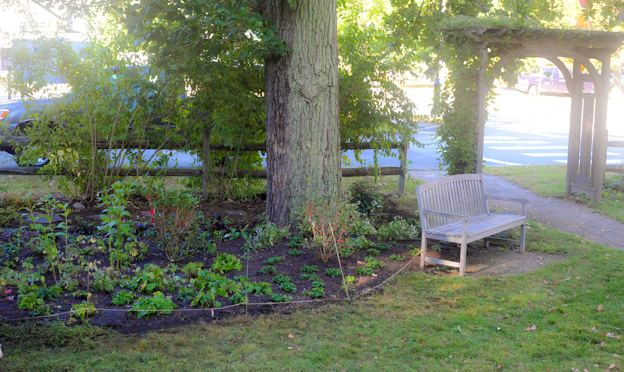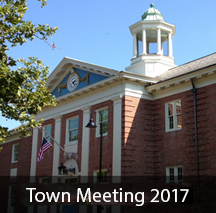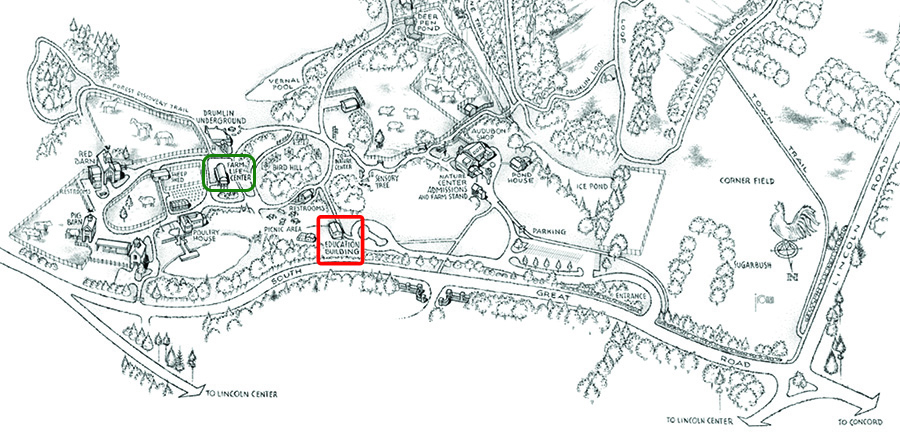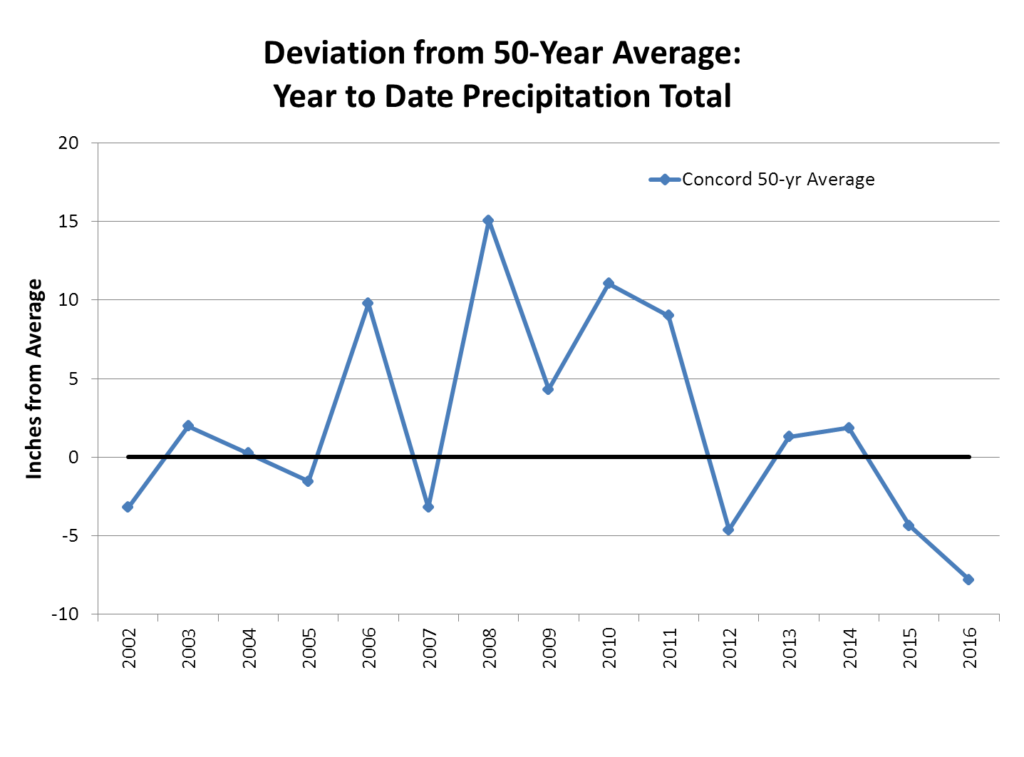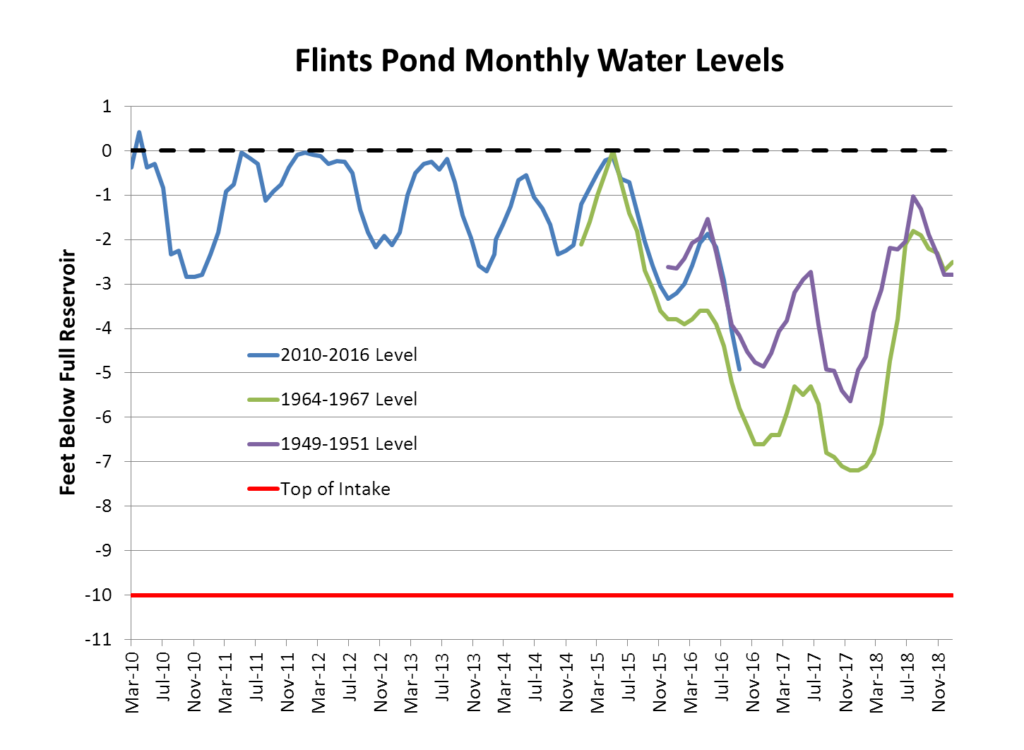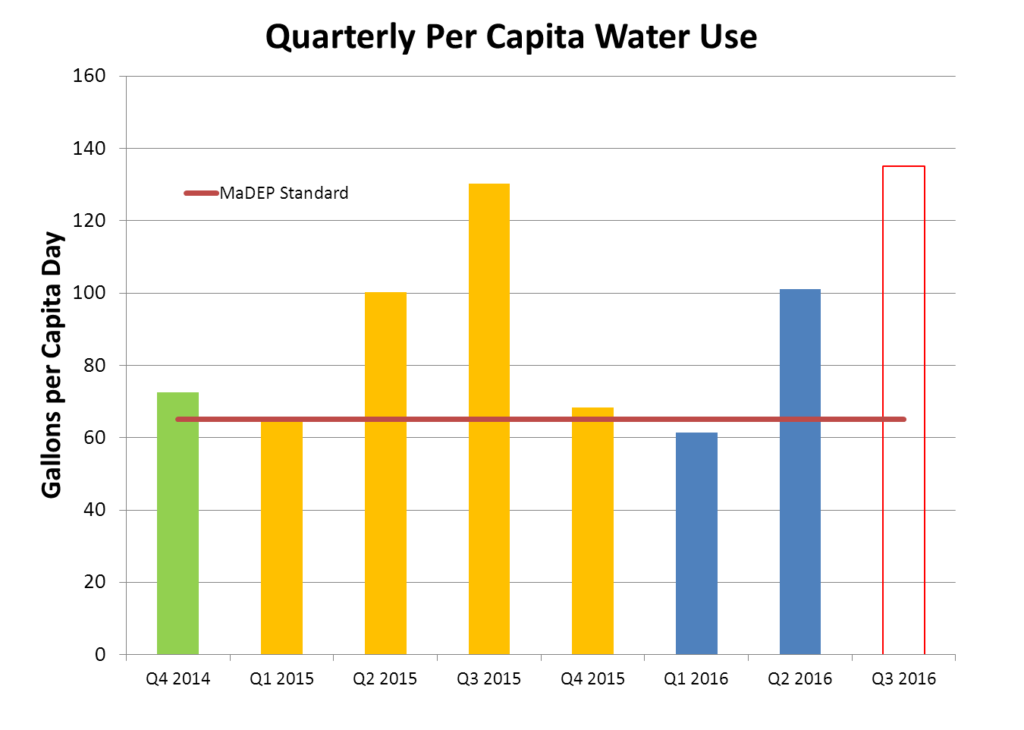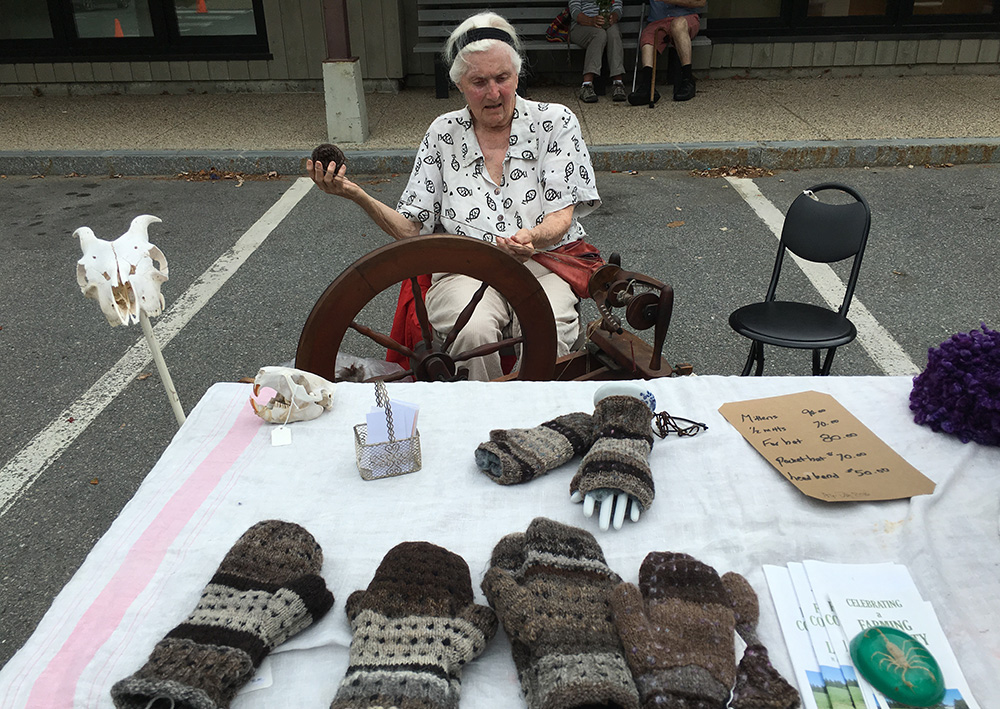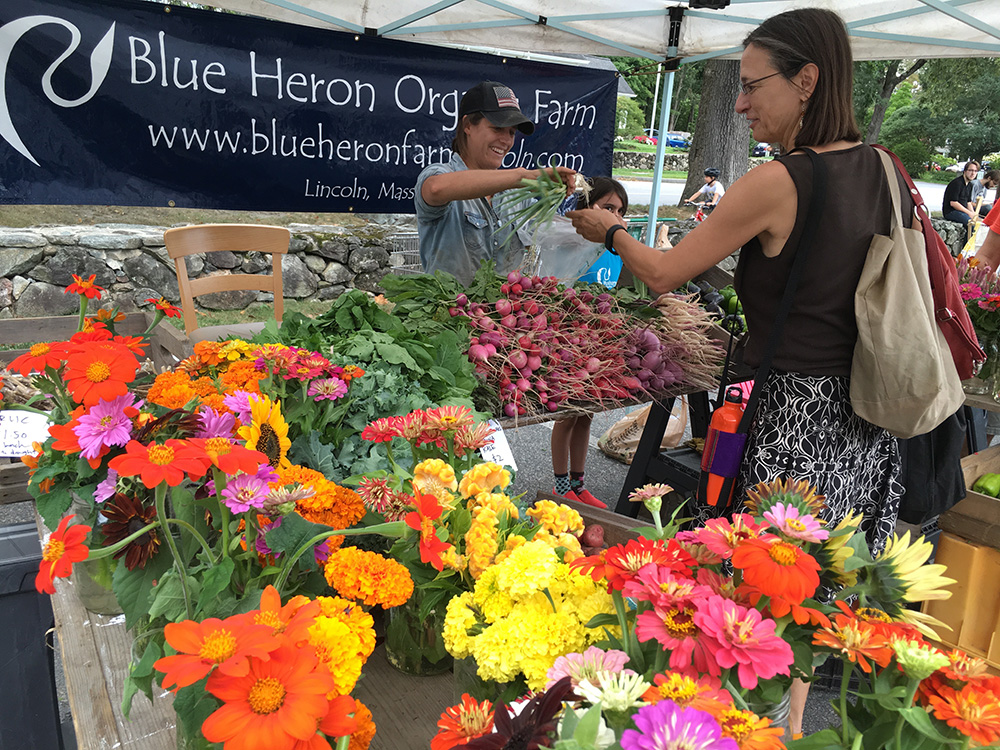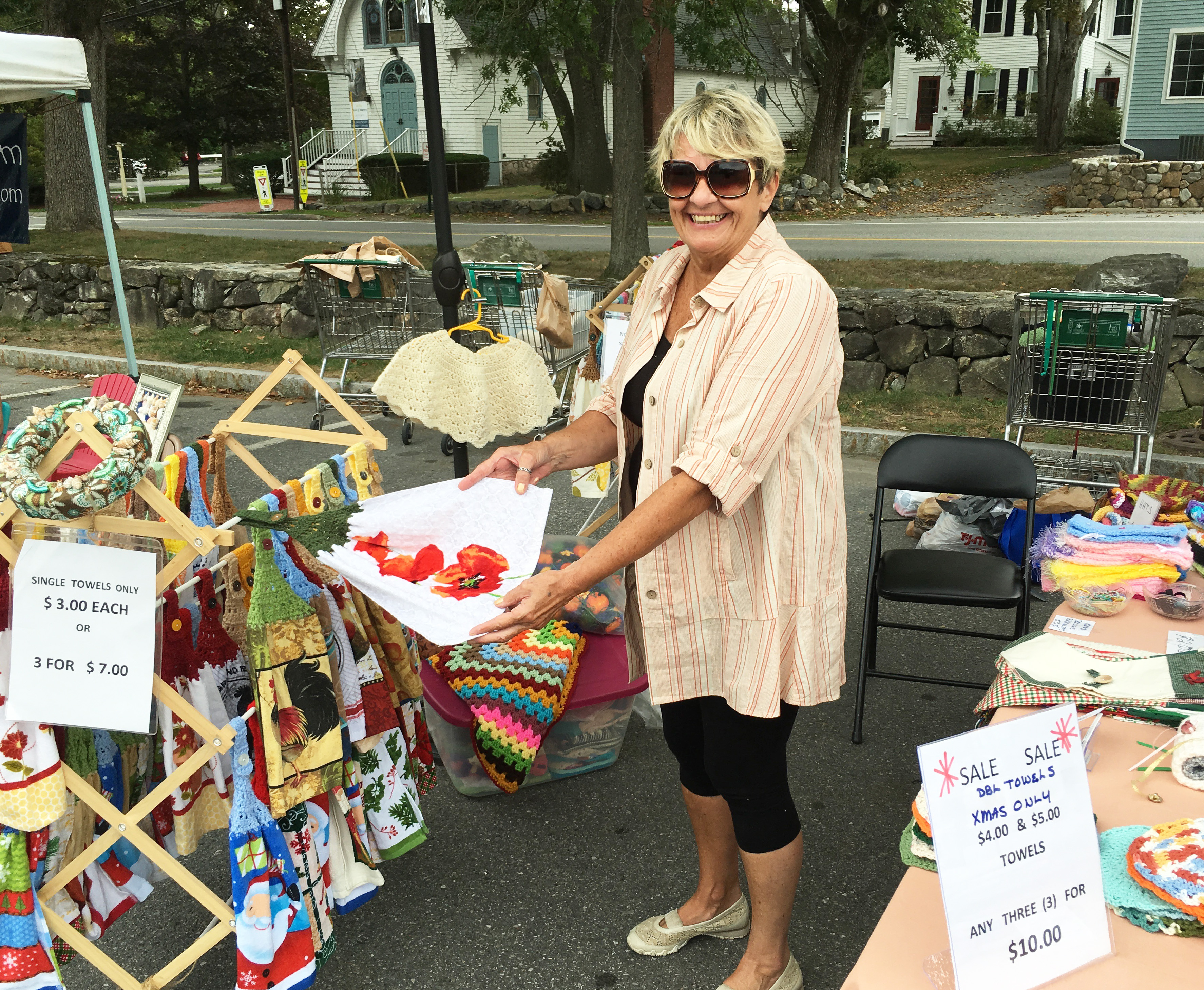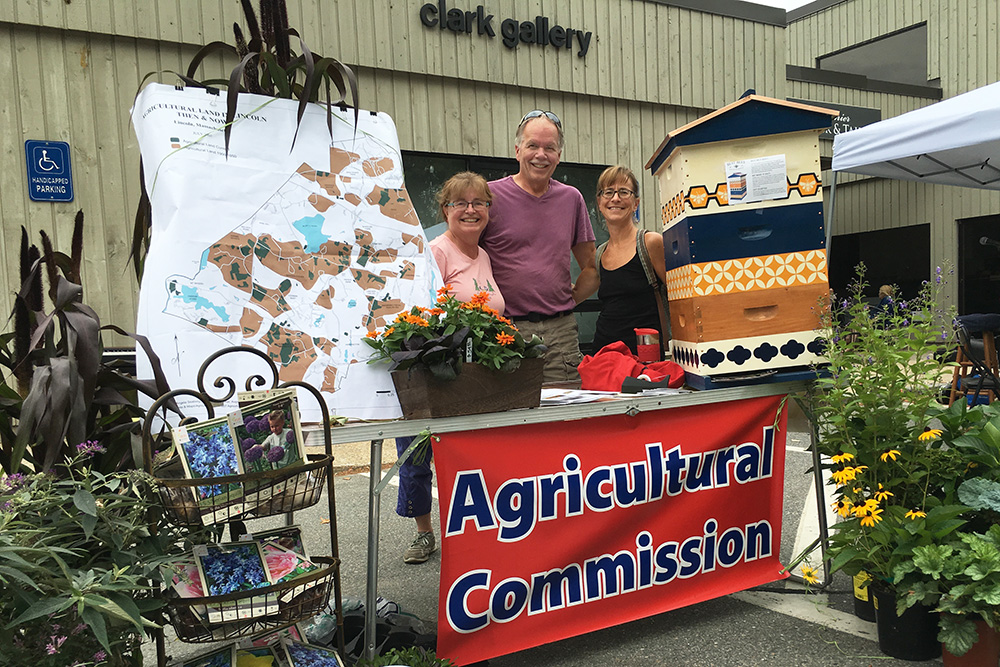The Lincoln Garden Club is having a ribbon-cutting ceremony at Station Park on Saturday, May 6 at 10 a.m. to celebrate the opening of its latest project: the installation of a granite water fountain for the town of Lincoln. The park is located across the Lincoln Mall at 145 Lincoln Road.
The Garden Club decided to have the water fountain built at the Park it has been maintaining since 1972, inspired by last year’s warrant article, sponsored by the Lincoln School eighth grade, to install a hydration station at the school gym. DPW Superintendent Chris Bibbo and his staff, as well as the Lincoln Water Department, were key in designing and installing the fountain, which can be used by bicyclists and walkers to fill water bottles and get a drink of water.
Station Park was created by the town in May 1970 and has been maintained by the Lincoln Garden Club since 1972. In the fall of 2015, the Garden Club installed a native plant bed, designed by the New England Wildflower Society. Like the water fountain project, the installation of the native bed was funded by the Lincoln Garden Club and encompasses approximately 300 native plants.
